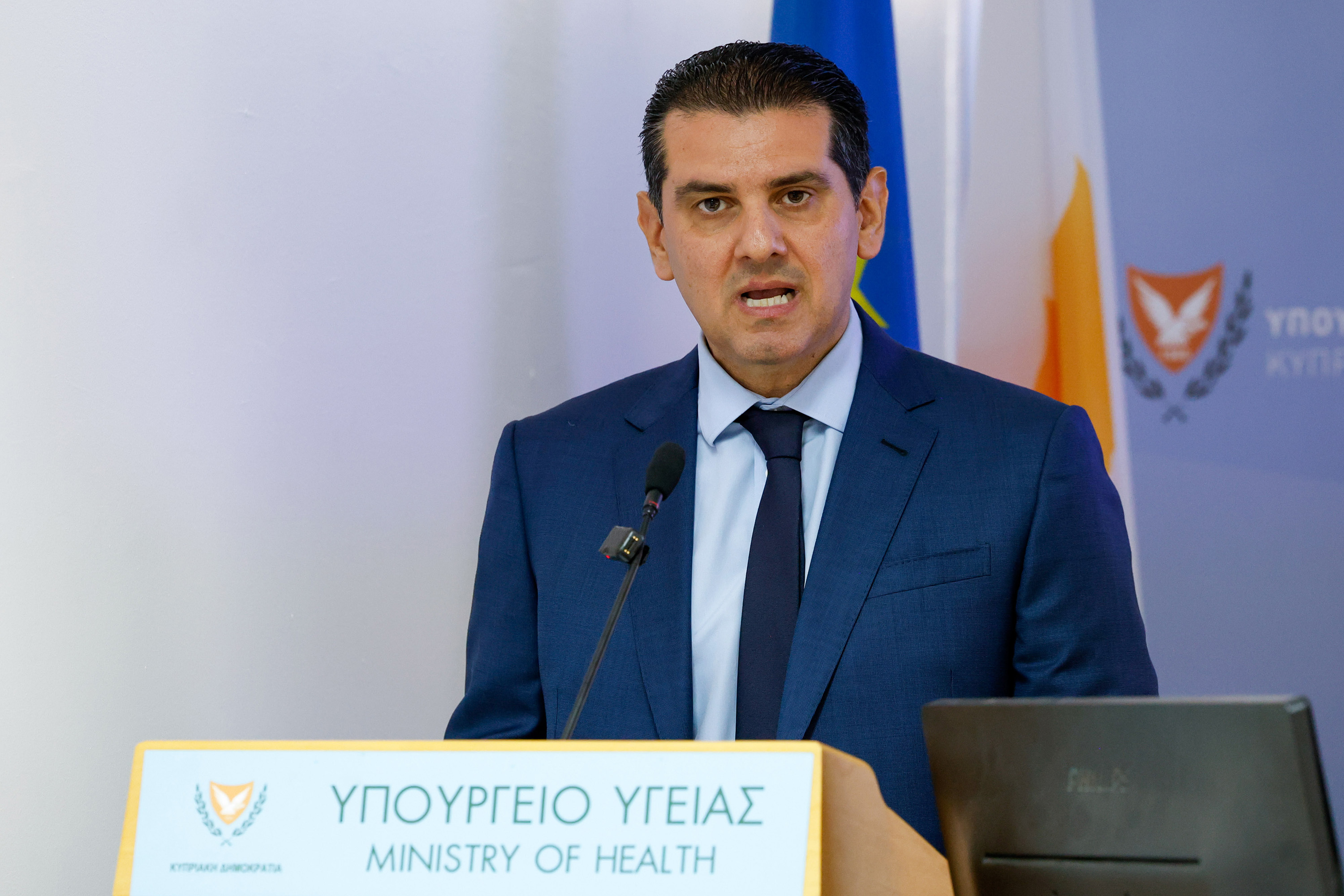The health ministry has presented a budget of €1.51 billion for 2026, marking a significant investment in the country’s healthcare system, Health Minister Michael Damianos said on Friday.
The budget includes €333 million in revenue, with €870 million allocated as the state’s general contribution to the national health scheme (Gesy), an increase of €101.2 million from 2025.
Speaking before the House finance committee, Damianos said the budget reflects a commitment to a “modern, sustainable and patient-centred” health system. He highlighted plans to strengthen public hospitals, improve preventive care, invest in innovation and upskill personnel.
Development projects for 2026 are set at €64.5 million. These include construction of a new building for the general state laboratory, the purchase of medical equipment and software, and projects under the recovery and resilience plan.
Regular ministry expenses total €1.5 billion, while development spending reaches €9.76 million.
The ministry’s revenue is largely derived from salaries from staff seconded to the state health services organisation, which account for €297 million, or 89.2 per cent of total income. Over the 2025-2027 period, Damianos outlined ambitious goals, including new preventive programmes, upgrades to hospital services, and further autonomy for Gesy.
He also said that reforms are under way, such as the creation of the national clinical documentation centre, the national cancer institute, and the national food safety authority.
“With a focus on prevention, innovation and transparency, the ministry of health aims to provide safe, high-quality and accessible services for all,” he said.
During discussions, MPs raised issues about capacity planning, mental health services, oncology departments, and reliance on temporary staff. Concerns were also expressed about misuse within Gesy, long waiting lists for surgeries and specialist appointments, and the need to improve service quality.
MPs called for faster establishment of the national cancer institute, better management of ambulances, reduction of hospital-acquired infections, and upgrades to hospitals and health centres, particularly in remote areas.
A heated exchange occurred between the minister and MPs over delays in introducing bills, with deputy health committee chair and Disy MP Savvia Orphanidou asked about the community mental health bill.
“Vote first on what I sent you; more will follow,” Damianos replied.
Pending legislation also includes frameworks for university clinics, radiology centres, and palliative care. Orphanidou said the committee is working to complete all bills and denied any delay from Parliament.
MPs from various parties expressed views on the budget and health system. Disy MP Charalambos Pazaros warned that funding Gesy deficits remains a challenge and stressed the importance of financial and administrative autonomy for public hospitals.
Akel MP Marina Nicolaou criticised the government for lacking a long-term plan, citing staff shortages, underfunded mental health services, and delays in oncology departments. She also warned that foreign investment in private hospitals could create monopolies.
Diko MP Chrysanthos Savvides called for a paediatric emergency department at Paphos hospital to match services in Nicosia and Limassol. Edek leader Marinos Sizopoulos said service quality has declined despite higher health spending and called for immediate action to correct system imbalances.
Dipa MP Alecos Tryfonides supported the ministry’s vision but stressed reducing misuse, lowering waiting lists, improving prevention, and upgrading health centres in Troodos, Evrychou and Pedoulas. He also urged rapid implementation of plans to tackle hospital-acquired infections.






Click here to change your cookie preferences